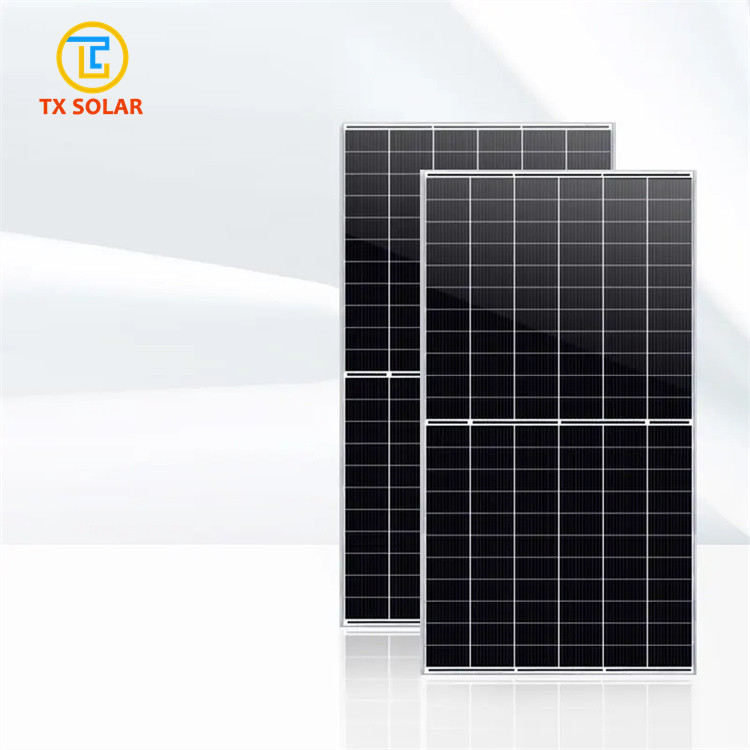The cost of solar power has fallen by 87%, and battery storage by 85% in the past decade, according to a new study – here’s why.
Berlin-based scientific think tank Mercator Research Institute on Global Commons and Climate Change (MCC) has released a new study in the journal Energy Research & Social Science in which the researchers compared the corresponding findings from innovation reports with the standard model-based scenarios on climate transition. They found that despite the ongoing use of fossil fuels and biomass in the near future, clean energy is ultimately going to change the energy game. Photovoltaic Power Station

The study focuses on solar and battery storage, but the researchers note that wind power, heat pumps, and other clean technologies are also seeing a sharp drop in prices, too.
Technological advances are making solar and battery storage smarter and more efficient. Globally, production of solar components and battery storage are being ramped up commercially, and that’s being spurred on by both private and public financial backing and government policy support in response to the global effort to limit global warming to well below 2C. And as a result, the clean energy industry’s economy of scale is causing prices to plummet.
When clean energy is deployed, electricity prices drop. Lead author Felix Creutzig of the MCC said:
Some calculations even suggest that the world’s entire energy consumption in 2050 could be completely and cost-effectively covered by solar technology and other renewables.
This is an extremely optimistic scenario – but it illustrates that the future is open. Climate science, which provides policymakers with guidance in its scenario models, must reflect technical progress as closely as possible. Our study is intended to provide input for this.
For example, the study notes, battery storage already cost less than $100 per kilowatt hour, which is significantly less than was predicted for 2030 in a study two years ago. They assert that the price premium for battery storage will drop from 100% at present to only 28% in 2030.
And in 2050, experts expect 63,000 terawatt hours of solar energy to be available globally – that’s twice as much clean energy as is supplied by coal today. And 80% of private investments in new energy capacity are now fossil-free.
The researchers point out, however, that coal is still hanging around like a bad smell because “considerations such as jobs, tax payments, political constraints, or financial liquidity keep governments investing in coal even when renewables actually have a better pay-off.”
Jan Minx, head of the MCC Applied Sustainability Science working group and one of the study’s co-authors, said:
Greenhouse gas emissions are higher than ever and the measures taken so far are too weak, but in this politically difficult situation, technological progress provides a ray of hope.
New scenario models, some of which are starting to be explored, are likely to demonstrate in the foreseeable future that the global climate transition might not be as expensive as previously assumed, and may even be cost saving – provided it is finally tackled.
Read more: US grid-scale energy storage installations soared in Q2 2023
To limit power outages and make your home more resilient, consider going solar with a battery storage system. In order to find a trusted, reliable solar installer near you that offers competitive pricing, check out EnergySage, a free service that makes it easy for you to go solar. They have hundreds of pre-vetted solar installers competing for your business, ensuring you get high quality solutions and save 20-30% compared to going it alone. Plus, it’s free to use and you won’t get sales calls until you select an installer and you share your phone number with them.
Your personalized solar quotes are easy to compare online and you’ll get access to unbiased Energy Advisers to help you every step of the way. Get started here.
FTC: We use income earning auto affiliate links. More.
Subscribe to Electrek on YouTube for exclusive videos and subscribe to the podcast.
Electrek Green Energy Brief: A daily technical, …
Michelle Lewis is a writer and editor on Electrek and an editor on DroneDJ, 9to5Mac, and 9to5Google. She lives in White River Junction, Vermont. She has previously worked for Fast Company, the Guardian, News Deeply, Time, and others. Message Michelle on Twitter or at michelle@9to5mac.com. Check out her personal blog.
Light, durable, quick: I'll never go back.

Best Solar Battery Backup System For Home Because I don't want to wait for the best of British TV.